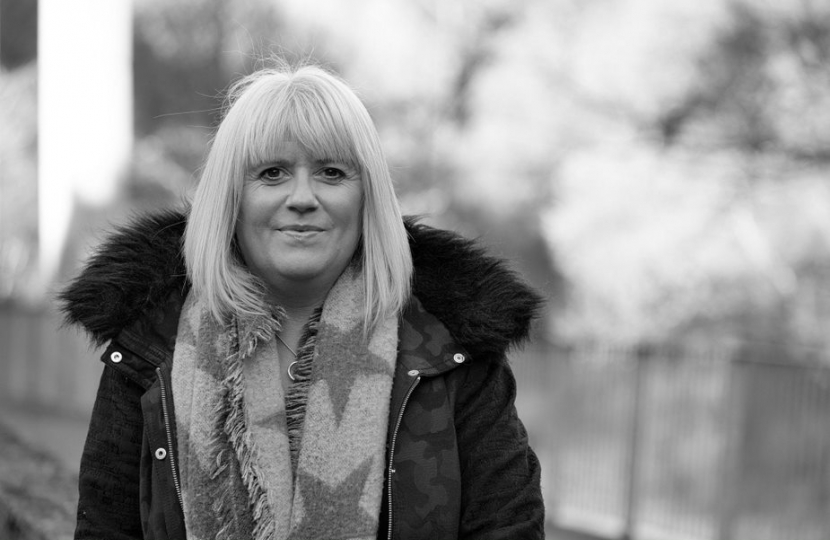
It is a sign of where Scotland under the SNP has reached when a report this month that only 1051 people had died from drug abuse in 2022 was seen as a positive.
It’s true that tackling the appalling record must start somewhere, so a fall of 279 deaths from 2021’s record is welcome, but only if one year’s decrease becomes a trend. And as secondary fatal infections and organ failure caused by drug addiction are excluded from Scottish figures, the real death toll could be much higher.
And then came new figures from the National Register of Scotland, that alcohol-related deaths had increased by 31 to 1276, so the number of Scots anaesthetising themselves to oblivion in 2022 was 2327, and probably more. It is beyond shameful.
It is remarkable that from a high of 1417 alcohol deaths in 2006, the trend was steadily downward to 968 in 2012, so whatever the SNP has been trying to do in the last 11 years, including minimum pricing of alcohol, it hasn’t worked. To claim, as did alcohol and drugs policy minister Elena Whitham, that the figures would have been worse without minimum pricing shows just how bad things are.
And as for mixed messages, Ms Whitham this week spoke about reviving plans for a ruinous total alcohol marketing ban, after her boss Humza Yousaf was proudly photographed next to the Johnnie Walker statue in the Princes Street centre.
No-one should be fooled into thinking that the problem is simply that the minimum price is too low, because although cheap cider and lager has become more expensive, the most damaging spirits and fortified wine like Buckfast are unaffected.
But the SNP did think it could fool people into believing their strategy was working better than reality, by misrepresenting Public Health Scotland’s evaluation of research as a ringing endorsement when at best it was inconclusive.
In an official release, the SNP tried to suggest that 40 independent research papers proved minimum pricing had been effective in cutting deaths, but the UK Statistics Authority has confirmed only eight of these papers looked at deaths and hospital admissions, and seven of them concluded there was “no consistent evidence” of any impact on health outcomes.
One study did find a beneficial effect, but a smart-alec press officer cherry-picked the reports, and was always going to be rumbled when the only data which really matters was published.
No-one denies the reasons for Scotland’s tragic addiction epidemic are extremely complex and will take years to resolve, but it will never be solved if evidence is misrepresented, and the Scottish Government remained hooked on a blame culture where it shuns responsibility for its failures.
Building a thriving economy in which everyone has hope and aspiration must be the bedrock, which is why the new strategy unveiled by Scottish Conservative leader Douglas Ross this week matters. The battle against addiction will be less effective while the Scottish economy remains in the doldrums, with the latest GDP figures down again.
The SNP is itching to shut down North Sea oil and gas, it is determined to tax ambition out of existence, while stoking the fires of grievance. The Conservative approach of building a new North-South consensus and replacing the Greens with growth at the heart of government is the way forward.

